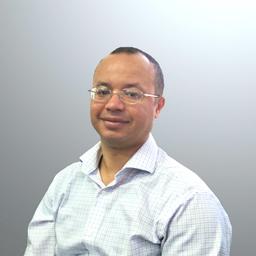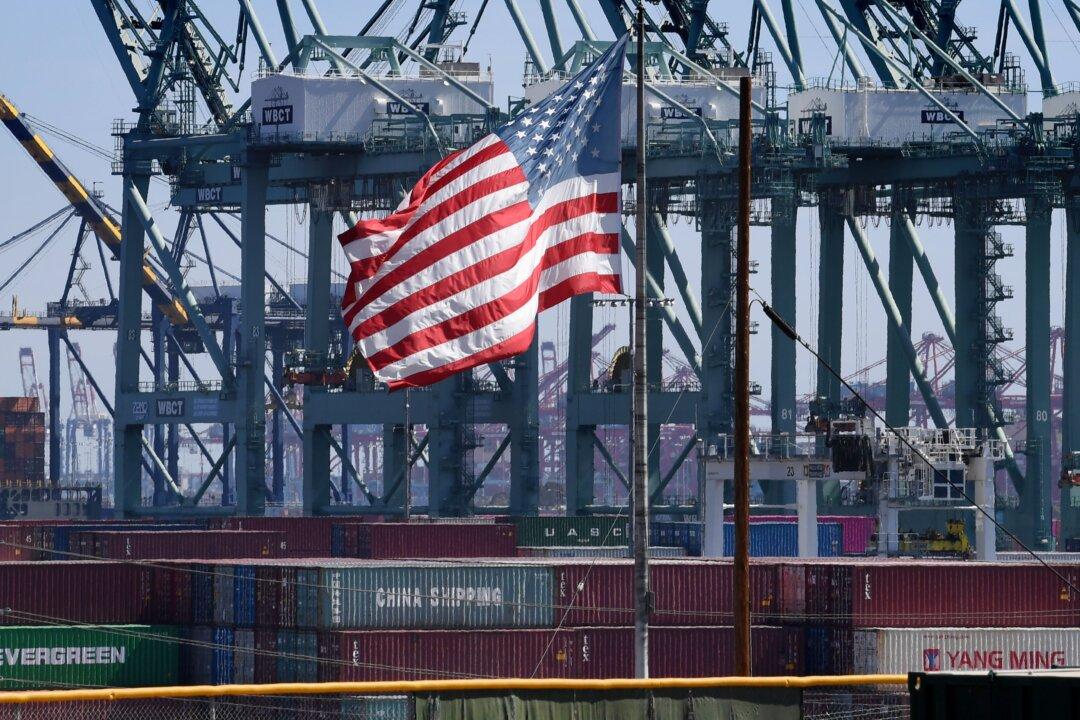A cloud of radioactive material that had drifted over 28 countries in Europe has been detected, reports say.
The cloud was first detected over Italy, on Oct. 3. It has since dissipated, but its origins have been traced to the border between Russia and Kazakhstan.





